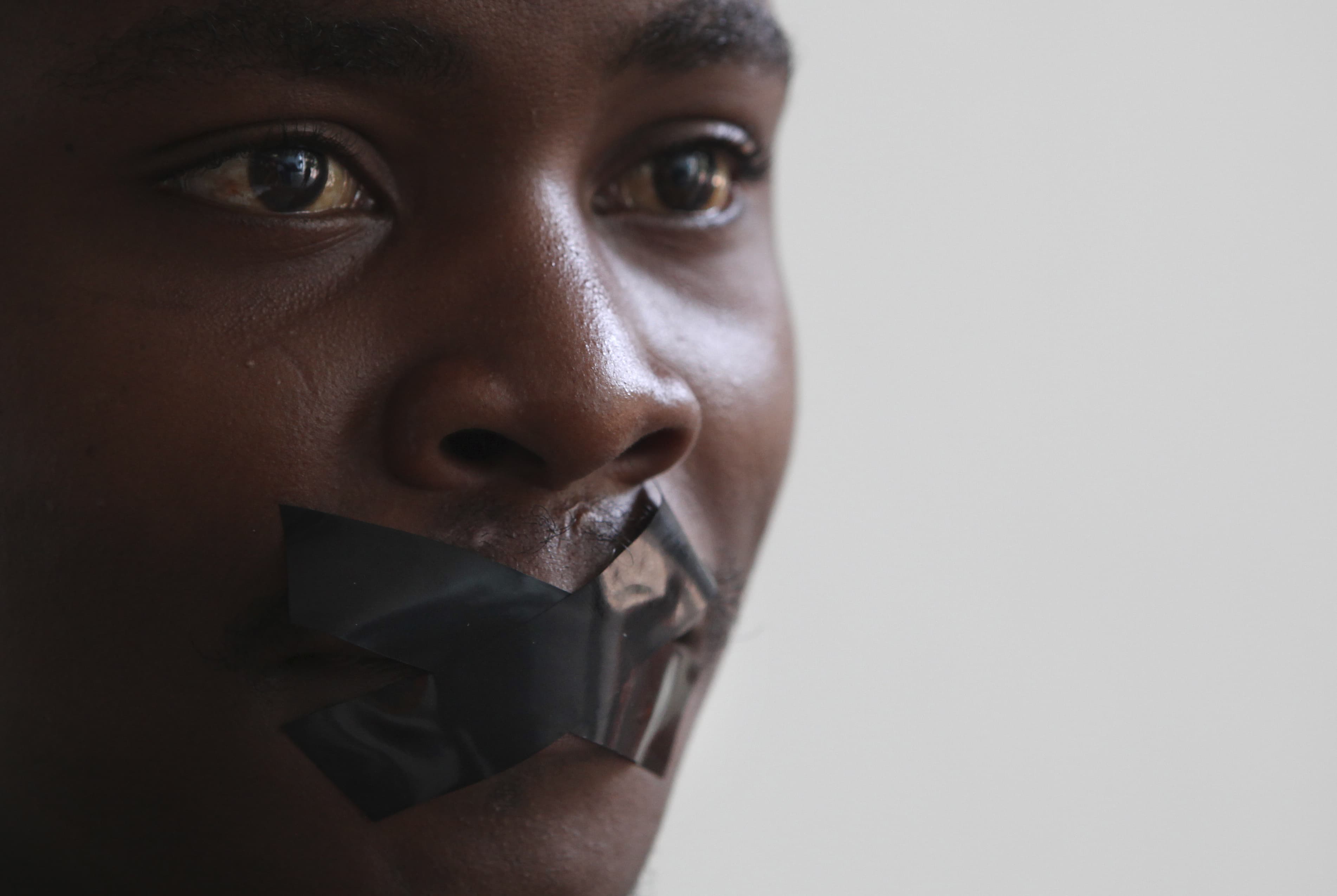We honour the bravery of journalists who face obstacles head on, and the ingenuity they show in getting around them. But journalists themselves cannot - and should not - be press freedom's only line of defense.
See all of IFEX’s 2015 World Press Freedom Day coverage
A recent documentary on the film festival circuit pays tribute to the vibrant culture of repurposing and conservation that has flourished in Madagascar in the aftermath of the global economic crisis. The film, Ady Gasy, takes its name from a common Malagasy expression meaning “Finding a way” – a reference to the spirit of resourcefulness and ingenuity that are at the heart of this culture of self-reliance.
In a climate of growing insecurity – both physical and financial – journalists, too, have become quite adept at finding a way. Finding a way to reduce their vulnerability. Finding a way to get past censors in order to publish sensitive material. Finding a way to get news stories out when governments control access to paper, printing presses or distribution networks. Finding a way to get past firewalls to access information online.
The theme of this year’s World Press Freedom Day, “Let Journalism Thrive”, invites us to think about what elements are needed to support a healthy, free and independent press. One of the most crucial of these is a vibrant civil society that defends and promotes these freedoms. Organisations like those in the IFEX network provide a voice for vulnerable media workers around the world, by exposing free expression violations and rallying global calls for justice.
But even with these defenders, how can a free press flourish in an environment of autocratic government, endemic corruption, and financial vulnerability?
One way that journalism continues to thrive in such difficult conditions is thanks to the resourcefulness and ingenuity shown by journalists themselves.
Reporters exploit cracks in the system to remain one step ahead of those who seek to silence them. Whether it’s getting around censorship, barriers to access, or laws set up to protect the corrupt, those who work to investigate stories and share information in the public interest have to be on their toes. Their creativity goes way beyond having a way with words, and their actions often put them at considerable risk.
These individuals are admirable, courageous – at times downright awe-inspiring – but we cannot make them the foundation for press freedom. They are not a substitute for the kind of strong, supportive systems that allow a free press to flourish. A climate where free press can truly flourish is one where all of us – ordinary people – can do our jobs.
So on World Press Freedom Day, let us honour the bravery, ingenuity and resilience of those reporters around the globe who continue to find a way to bring us crucial stories. It is important to recognize the courageous efforts of human rights and press freedom defenders who support them. But let’s work toward a climate where journalism can thrive without relying on heroes and heroines, and without creating so many martyrs to the cause. We owe them that much.
